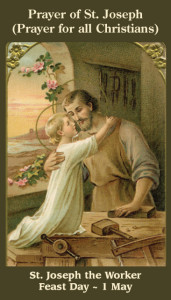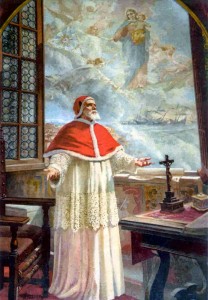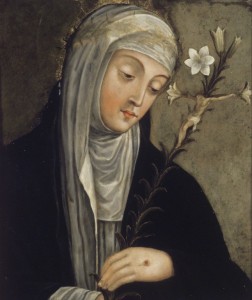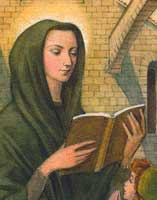
Saint Rosa Venerini (1656-1728)
Image: Rosettagrams
(Vatican) Born in Italy Viterbo, Rosa was the daughter of a Physician and had three siblings, was naturally gifted with intelligence and an uncommon sensibility–the education that Rosa received in her formidable years, allowed her to develop her many talents, together with Christian values and principles.
According to Rosa Venerini’s first biographer Fr. Girolamo Andreucci, she made a vow to consecrate her life to God at the age of seven. During the early years of her youth, she lived a conflict between the attractions of the world and the promise made to God, Rosa overcame this crisis with trusting prayer and discipline.
At the age of twenty, Rosa raised questions about her own future, that Women of her time, she could choose marriage or seclusion in a religious order. Rosa invited neighborhood Women in her home to pray the Rosary according to Franciscan Media and sought spiritual guidance from a Jesuit Priest, Fr. Ignatius Martinelli, over time Rosa was convinced that she was called by God to become a Teacher instead of a Nun.
With two friends according to SQPN Rosa opened a free pre-school for Girls in 1685 which was well received, in 1692 Cardinal Barbarigo, asked Rosa to oversee training of Teachers and the administration of schools in his diocese. Rosa organized new schools in many parts of Italy including room–at the time of her death in 1756 there were 40 schools under her direction.
During Rosa’s entire life she moved the Ocean of the Will of God and said: “I feel so nailed to the Will of God that nothing else matters, neither life or death, I want what He wants. I want to serve Him as much as pleases Him and no more.”
Rosa did not practice her education mission only in the school but took every occasion to announce the love of God, she comforted and cared for the sick until they were well, raised the spirits of the discouraged, consoled the afflicted, called non-Christians to repent and to live a new life, exhorted to fidelity, helped the poor and helped to free people from every form of slavery.
“Educate to Set Free” became Rosa’s model to the world. To be free from ignorance and evil so that the project of God which every person carries within can be visible.
Rosa died in Rome at the age of 72 where a number of miracles were attributed to her. Rosa was Beatified in 1952 by Pope Pius XII and Canonized in 2006 by Pope Emeritus Benedict XVI
The sodality of Women that Rosa invited to pray the Rosary with her, were ultimately given the rank of a religious congregation becoming known as the ‘Venerini Sisters’ working with Italian immigrants. Today they render apostolic service through Teaching, Catechesis, Pastoral Ministry, Health Care, Social Services, Youth Ministry and Foreign Missions in Italy, the United States, Chile, Brazil, Venezuela, Albania, Romania and throughout Africa, guided the Charism of their Foundress Saint Rosa Venerini — Educate to Set Free.
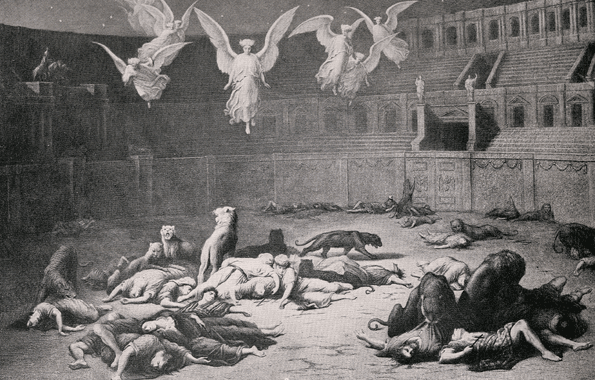 Christian Martyrs –Image:
Christian Martyrs –Image: 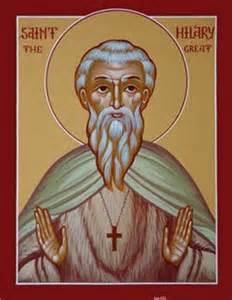
 Prayers to the Saints & Blessed
Prayers to the Saints & Blessed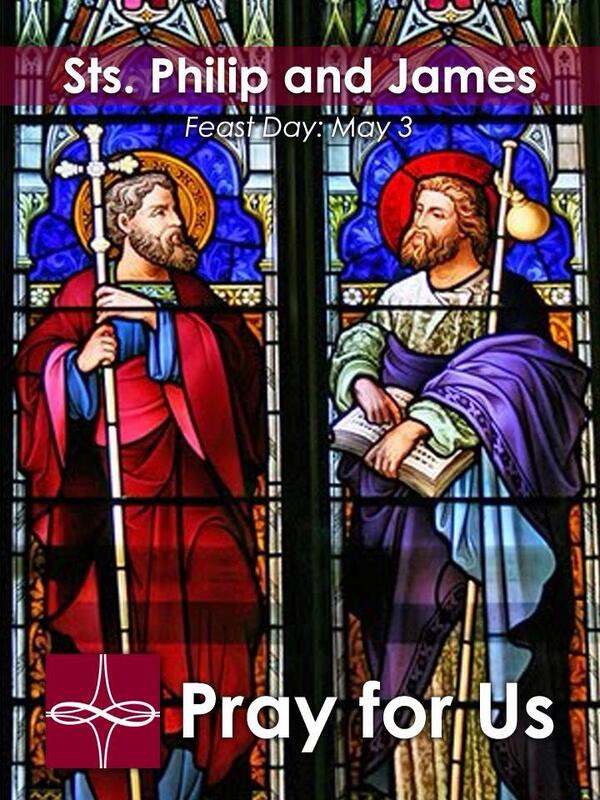 Saints Philip & James
Saints Philip & James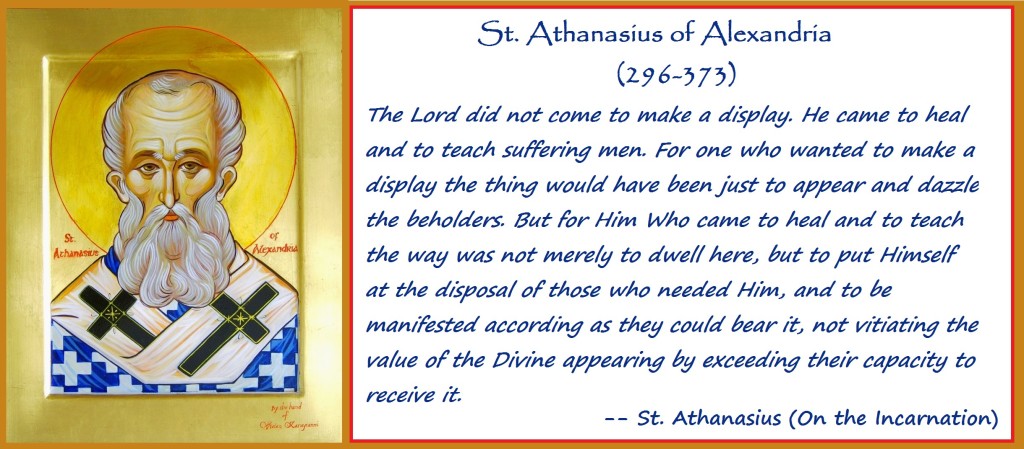 St. Athanasius -Image Courtesy:
St. Athanasius -Image Courtesy: 